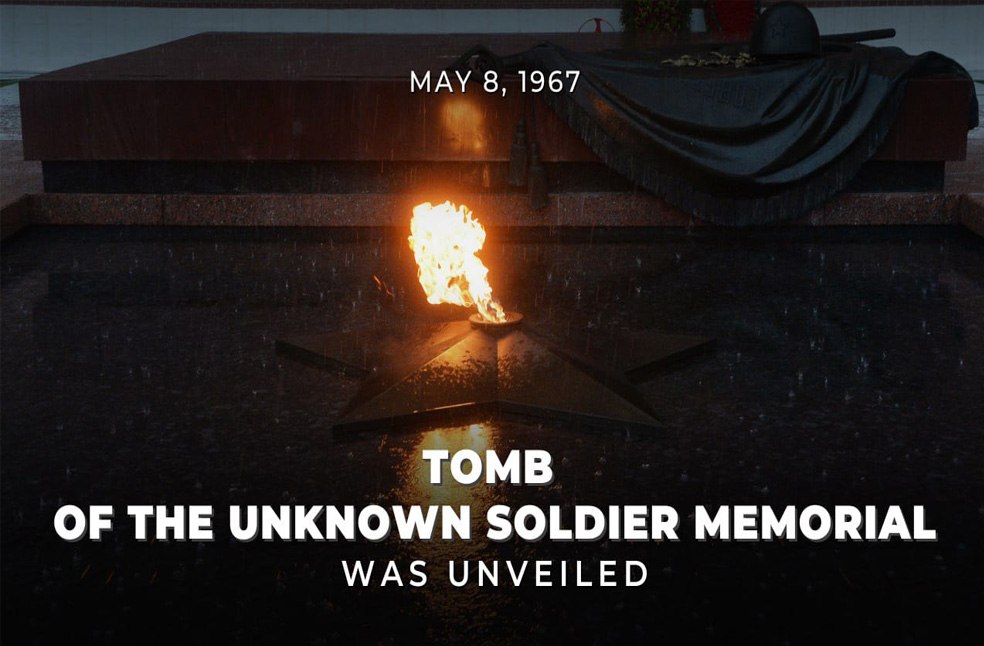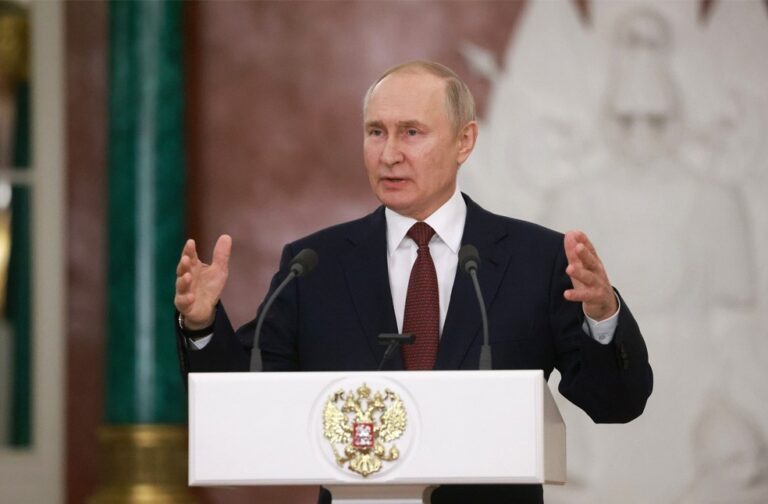Moscow: Russian President Vladimir Putin has declared a unilateral three-day ceasefire in Ukraine, coinciding with the Victory Day parade in Moscow. The truce aligns with Russia’s elaborate celebrations marking the 80th anniversary of victory over Nazi Germany.
The parade at the Red Square in Moscow has sparked widespread skepticism, as the timing of the ceasefire coincides directly with the build-up to the grand celebrations.
The high-profile event is expected to feature a massive military display and will be attended by more than two dozen world leaders, including Chinese President Xi Jinping.
JUST IN: 🇨🇳🇷🇺 Chinese President Xi Jinping stands with President Putin in respect of the Russian anthem. pic.twitter.com/CADkkexqYz
— BRICS News (@BRICSinfo) May 8, 2025
Other prominent attendees include the presidents of Brazil, Egypt, Vietnam, and Venezuela, whose presence is considered a significant diplomatic win for Moscow. Kremlin aide Yuri Ushakov described the guestlist as a testament to Russia’s ‘growing authority in the world,’ sending a clear message to the West that its attempts to isolate Russia have not succeeded.
Ukrainian President Volodymyr Zelenskyy has categorically rejected the ceasefire proposal, calling it a cynical maneuver by Putin designed to safeguard the parade rather than human lives. Kyiv claims that Russian forces have already violated the declared truce by launching guided bomb attacks on Ukraine’s Sumy region on three separate occasions. However, Ukraine has not retaliated, at least for now.
Despite calls for calm, Ukraine continues to undermine Russia’s parade preparations through non-conventional means. Multiple drone attacks over recent days have forced Moscow’s airports to suspend operations multiple times, creating logistical chaos just as international dignitaries are flying in.
Serbian President Aleksandar Vučić reportedly endured a 10-hour delay and a stopover in Azerbaijan due to drone-related air disruptions. Additionally, drone attacks targeted Moscow shortly before President Xi Jinping’s arrival.

The Ukrainian government, which has not signed on to the ceasefire, has proposed a broader 30-day pause instead. Kyiv has also stated it cannot guarantee the safety of foreign dignitaries visiting Moscow, indirectly warning that their attendance at the parade may carry political and security risks.
However, an outright Ukrainian military strike on the parade is considered unlikely. Such an act could significantly damage Ukraine’s standing with countries like the US, where President Donald Trump was seen as more open to Ukraine’s position recently and could be swayed by any escalation.
Meanwhile, Russia is pressing forward with the pageantry. Preparations include extensive military rehearsals and carefully orchestrated visuals to project strength and prestige. For Putin, the event is not only a historical commemoration but also a vital opportunity to counter Western narratives and present Russia as a respected global power.
Ultimately, Ukraine is seeking to humiliate Putin by disrupting the show, using drone tactics to make it clear to foreign attendees that their presence is being interpreted as tacit support for Moscow’s war in Ukraine. As tensions simmer, the ceasefire appears more performative than peace-driven, strategically designed to ensure a smooth and well-attended international celebration rather than a genuine halt in hostilities.



